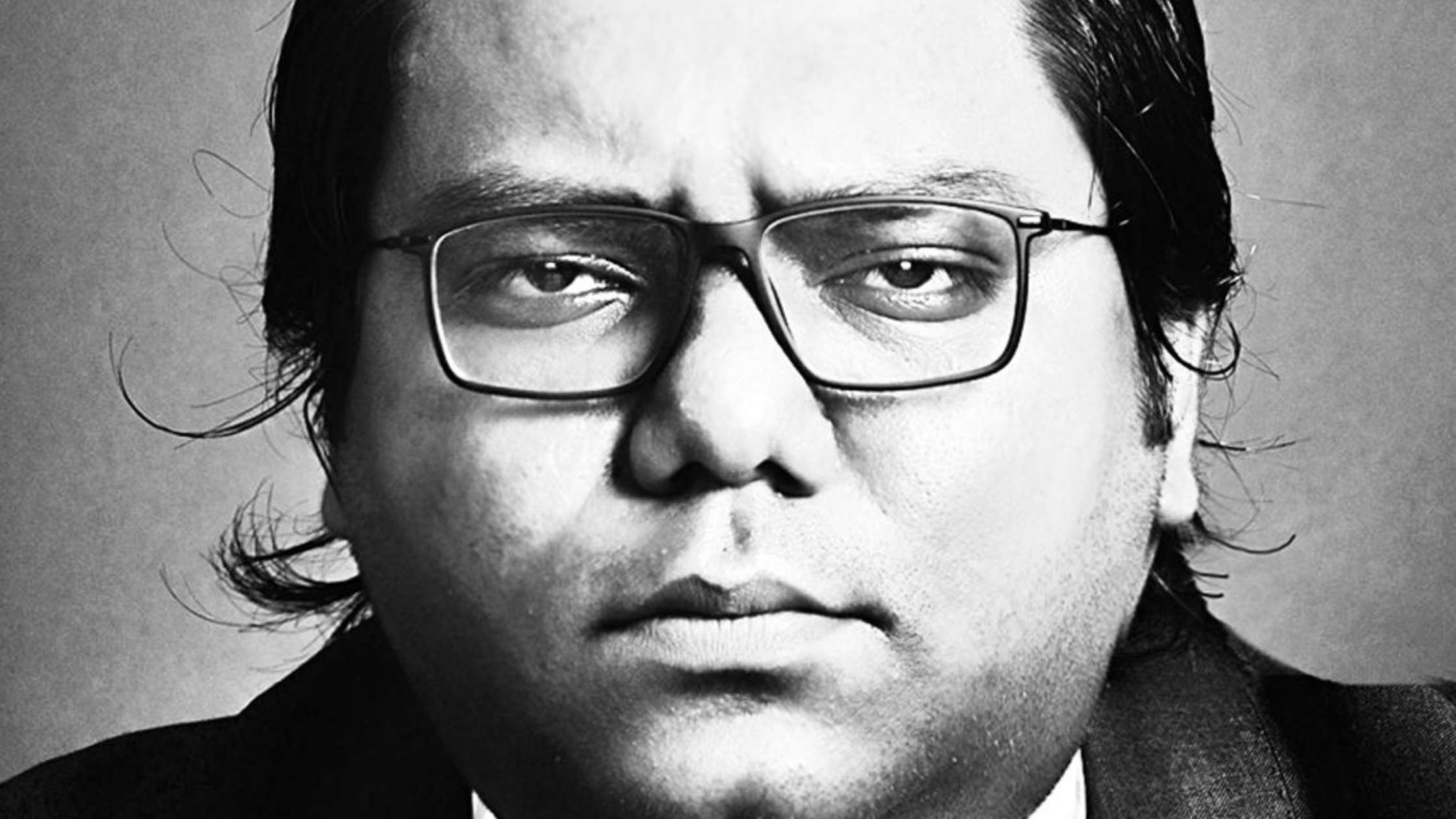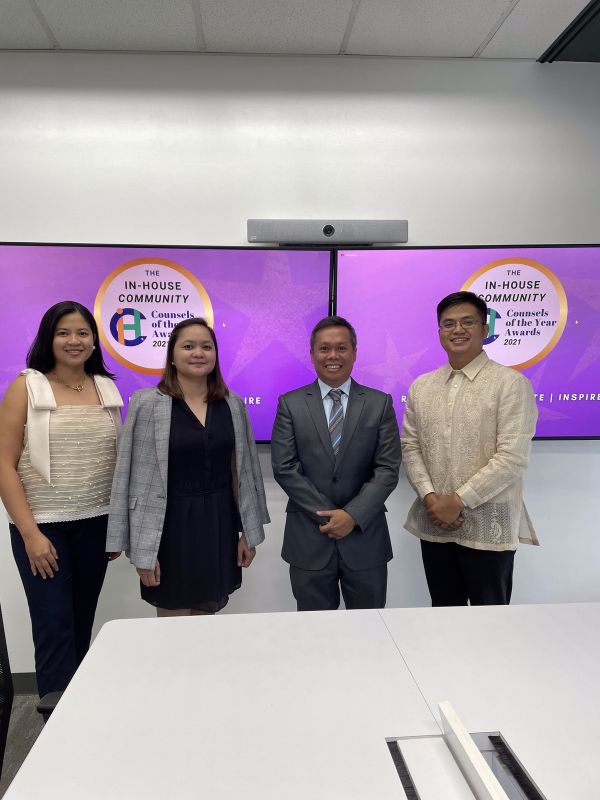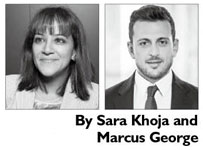
ASIAN-MENA COUNSEL Can you tell us a little about the Landmark Group and how your career led to your current role there?
Anuraag Malhotra: With a presence in 20 countries and a workforce which consists of over 40,000 employees, the Landmark Group is one of the largest retail conglomerates in the Middle East and India. The company brings in an annual turnover in the region of US$5 billion, and it has a diverse portfolio of brands which cater to customers in the retail sector focusing on apparel, furniture, footwear and gift items.
I started my career as a Management Accountant with Unilever. I later qualified as a lawyer and a Company Secretary. Before joining the Landmark Group, I was Legal Counsel at GE. I completed my Masters in International Business Law from the University of London and thereafter worked for an Indian head-quartered multi- national company, handling various global M&A deals prior to becoming General Counsel of the Landmark Group, almost 10 years ago. Though my journey prior to joining the Landmark Group was rich and cross-functional – working with conglomerates like Levers, GE and Coca-Cola – the most rewarding and exciting exposure I’ve had so far, has been with Landmark.
AMC: How do you add value to your company?
AM: I have two main responsibilities with the company; I am both General Counsel and Strategic Investments Adviser to the Group. Given that it is a large organisation, I am expected to keep up with its evolution, as we diversify into different sectors. I also provide full legal support and in parallel, advise the Group on investing strategically. The Group recently made its foray into the hospitality sector by opening up restaurants, hotels and children’s leisure centres as well as a franchise of Fitness First. As the Group has expanded, and during the course of my tenure in the last nine years, I have developed a strong in-house legal function which supports the business in a number of fields including corporate, commercial real estate, litigation management, M&A, direct and indirect tax and banking and finance law. Accordingly, we have created and constantly enhanced our large reservoir of legal and commercial knowledge captured from different countries and applied this knowledge to a multitude of industries. My team and I act as trouble-shooters with respect to our commercial operations, and we help by vetting a large number of agreements and guiding the business in its commercial arrangements. We also work on a variety of M&A transactions and my role entails deal structuring and conducting negotiations. It is also important for us to respect local customs, ownership laws and Shariah law given that we are based in the Middle East.
AMC: What challenges have you perceived in your current role?
AM: Given that the Landmark Group operates in 20 countries, the majority of which are in the Middle East, our multi-jurisdictional coverage means that we encounter different laws in different regions. Taking into account myriad company ownerships, supply chain regulations, municipal legislation involving retail, it has been a challenge to create and implement a corporate structure which was effectively able to withstand these differences. It was also important to devise a structure which was able to facilitate seamless operations, enabling consolidation both in terms of management control and financials at a group level. These structures have been subject to constant evolution and developments in the legal sphere including legislative changes and other advancements in the region.
AMC: Can you describe how legal practice has changed as the market has developed and clients have become more sophisticated?
AM: We now see a greater degree of sophistication in terms of legal practice insofar as there has been a discernible adoption of western practices. We can see this in the development of the DIFC courts in the UAE, formation of free zones in the UAE as well as tax and transfer pricing regimes. As a consequence of this, Legal Counsel need to be aware of these changes and ensure that issues which emanate as a result are reflected in their documentation, to comply with, for example, tax and transfer regimes.
AMC: What is the best advice you have been given?
AM: Our Chairman, Mukesh Jagtiani advised me to “view each transaction and analyse every situation with the spirit and outlook of an entrepreneur.”
AMC: How extensively do you use external counsel?
AM: The Landmark Group has developed a very strong in-house team counsel team who are able to handle legal matters in every sector. We rarely use external counsel: the exception to the rule being when a court appearance is needed in a litigation matter. We may also use external counsel when legal due diligence is needed for an external M&A matter. Philosophically, we prefer to build relationships and settle matters rather than to litigate. This not only brings great benefit to the Group, but also translates into us using external counsel a lot less than say other companies would.
AMC: Can you describe a typical work day?
AM: I await a day which is either planned or typical. Every morning seems to bring in a different challenge to meet.
|


















